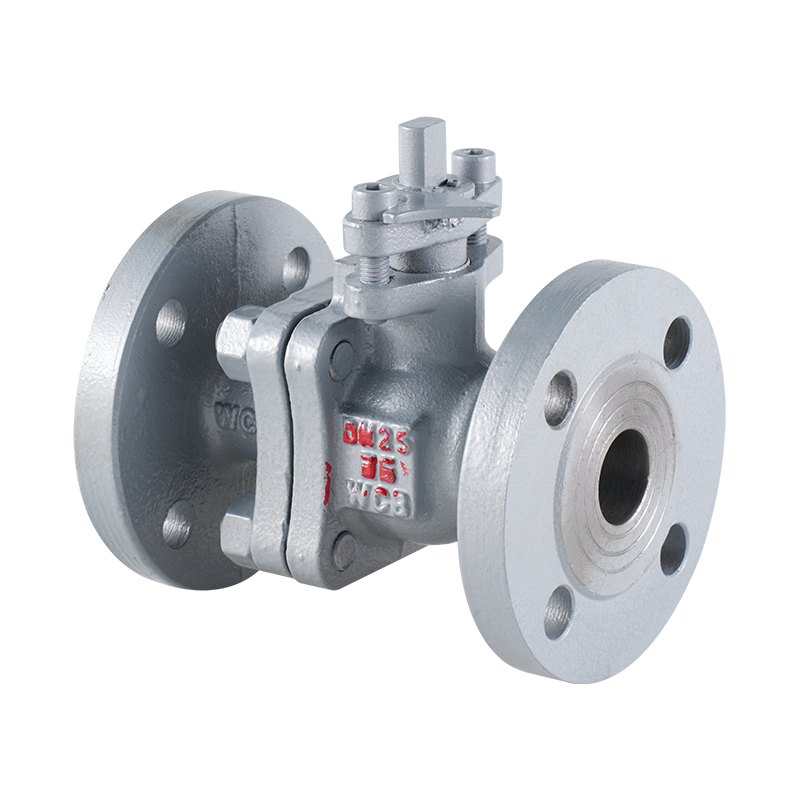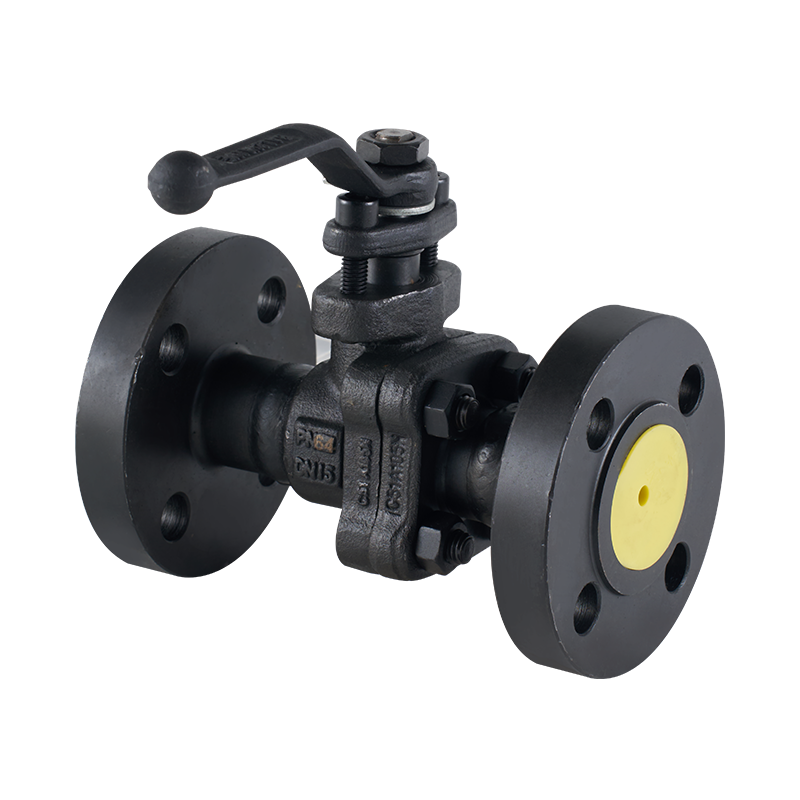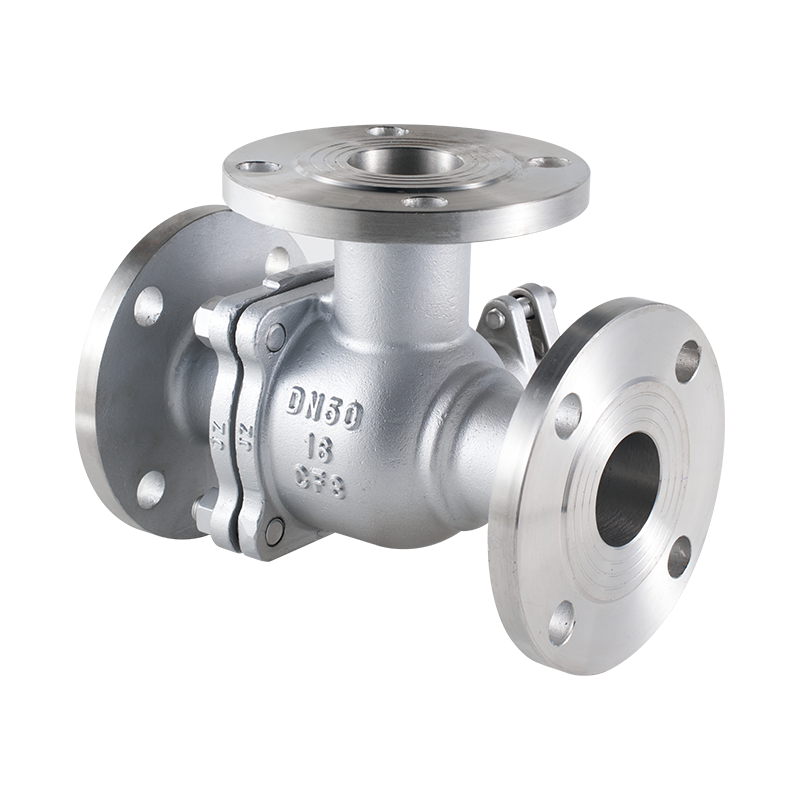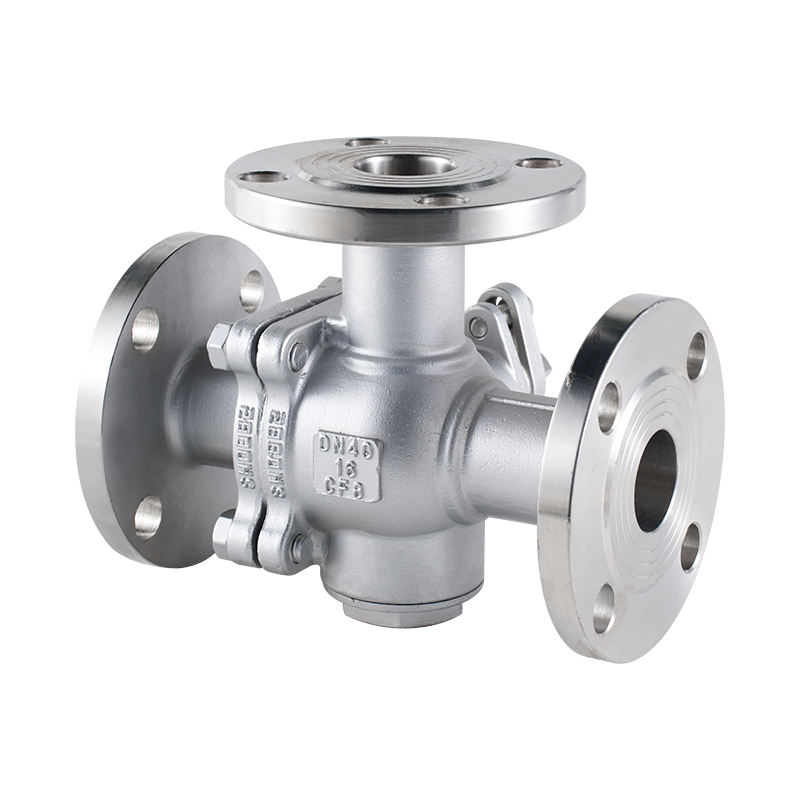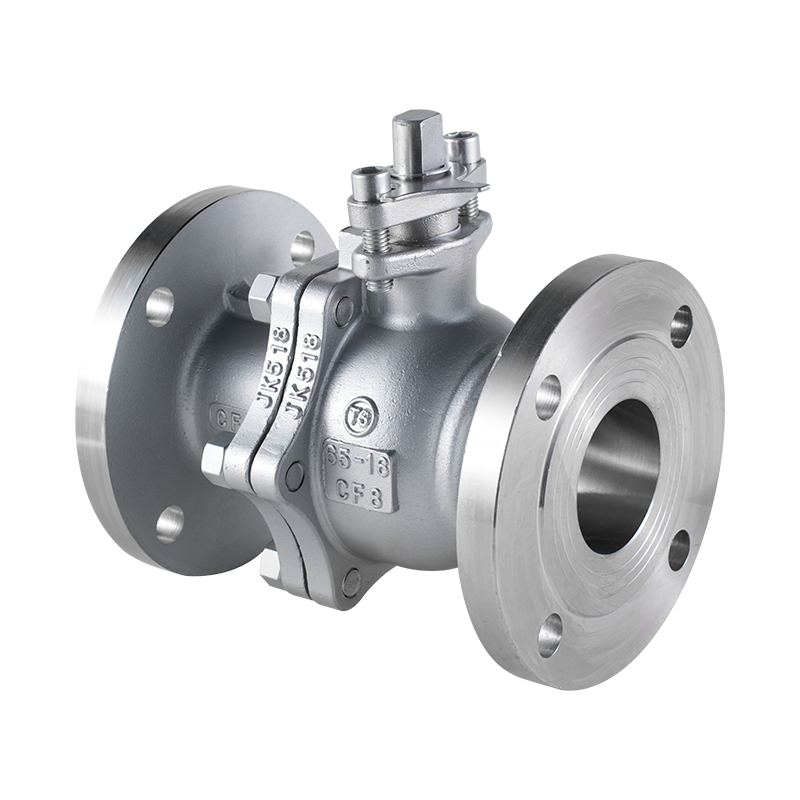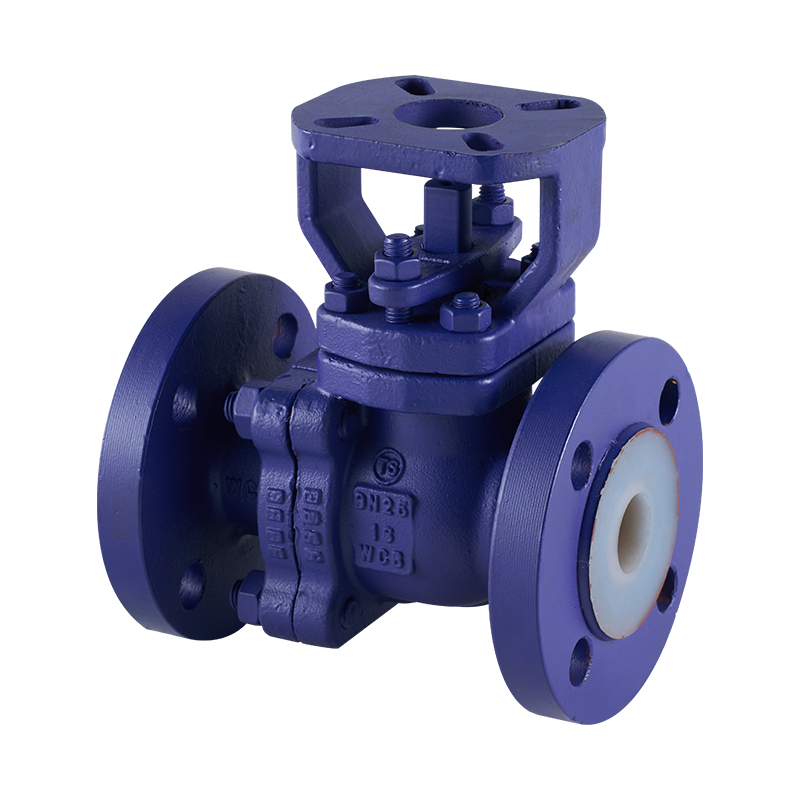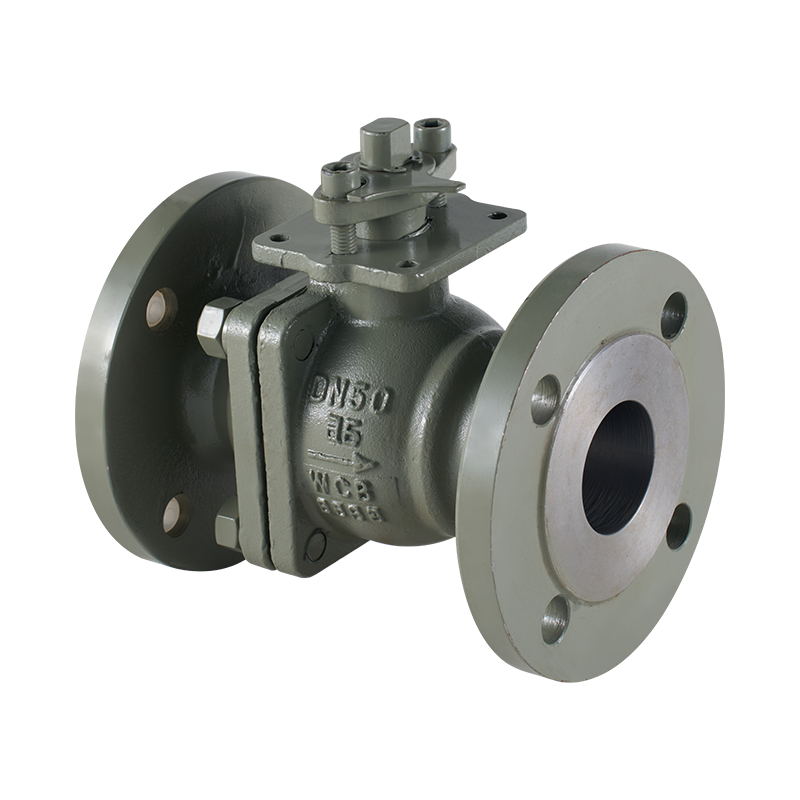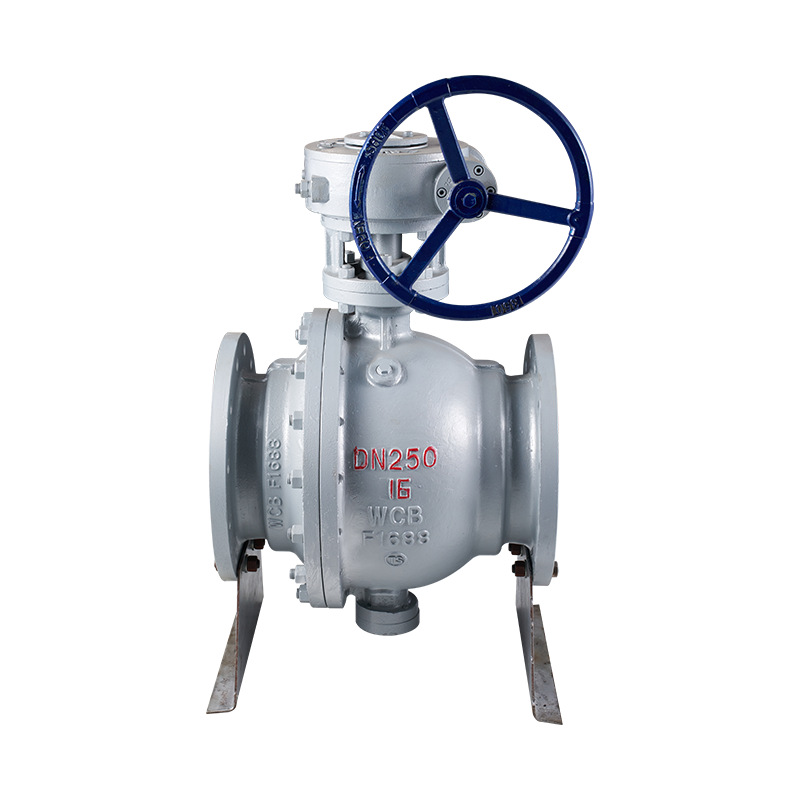The Central Heating Gate Valve plays an essential role in managing the flow of water or heating fluids within a central heating system. These systems, typically found in residential and industrial buildings, require a reliable means to regulate temperature and flow in order to ensure efficient heating. The gate valve is used to control the flow of water or steam through the heating pipes, providing a mechanism to start or stop the circulation as necessary.
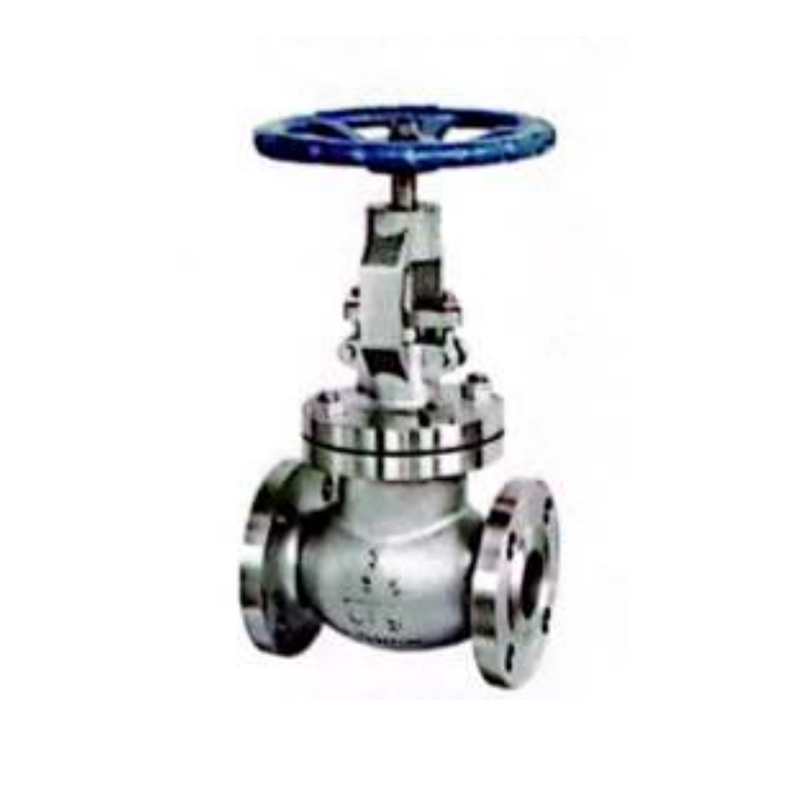
One of the primary functions of the Central Heating Gate Valve is its ability to control the on/off flow of the heating fluid. It allows the user to shut off the heating system completely during maintenance or repairs, thereby preventing fluid from circulating when it's not needed. This is particularly important in large heating systems where constant flow may not always be required, and turning off the system can help save energy.
Gate valves are also valued for their durability and reliability. Constructed to handle high pressures and temperatures, the Central Heating Gate Valve ensures that the heating fluid continues to circulate smoothly throughout the system, without leaking or causing inefficiencies. Its sealing mechanism allows for a tight shutoff, making it essential in preventing water or steam loss, which can impact heating efficiency and system safety.
The High Flow Ball Float Valve is widely used in systems requiring precise water or fluid level control. These valves are often found in tanks, reservoirs, and industrial systems where it's essential to maintain specific fluid levels for operational efficiency. A customized approach for the High Flow Ball Float Valve can significantly improve performance, efficiency, and lifespan, tailoring the valve to meet the exact needs of the installation.
A good customization plan for the High Flow Ball Float Valve should begin with assessing the specific operational requirements of the system. This involves understanding the flow rate, fluid type, temperature, pressure, and environmental factors. Depending on the system's needs, different materials may be chosen for the valve body, such as stainless steel for corrosion resistance or plastic for lightweight applications. The float mechanism can be adapted to ensure smooth movement in the required fluid conditions, ensuring that the valve responds accurately and consistently to changes in water or fluid levels.
Customization options may also include adjusting the size and capacity of the valve, as different flow rates require different configurations. The valve's sealing materials should be selected based on fluid compatibility to prevent leaks and ensure reliable operation. Additionally, incorporating features such as automatic shutoff or overfill protection can provide further control over the system's operation and enhance overall safety.
The High Flow Ball Float Valve can be designed with specific features such as quick opening or closing action, and some applications may require enhanced pressure or temperature tolerances. Ensuring a proper fit with the rest of the system, and offering maintenance-friendly features such as easy-to-clean designs or replaceable components, can make the valve more user-friendly and cost-effective in the long term.
The Natural Gas Ball Valve is a critical component in the regulation and control of natural gas systems. These valves are designed to handle high pressures and control gas flow in pipelines, industrial systems, and residential gas supplies. The versatility, precision, and durability of the ball valve make it the preferred choice in many natural gas applications, but understanding the various ball types used in these valves is crucial to ensuring performance.
There are different types of balls used in Natural Gas Ball Valves, each designed for specific functions. The common type is the standard spherical ball, which is widely used for general-purpose applications. This type of ball provides a tight shutoff when closed, preventing any gas from flowing through the valve. The spherical ball's design allows it to rotate easily within the valve body, providing smooth operation and minimal friction. It is ideal for situations where full-flow control is necessary and leakage must be prevented.

 English
English 中文简体
中文简体


